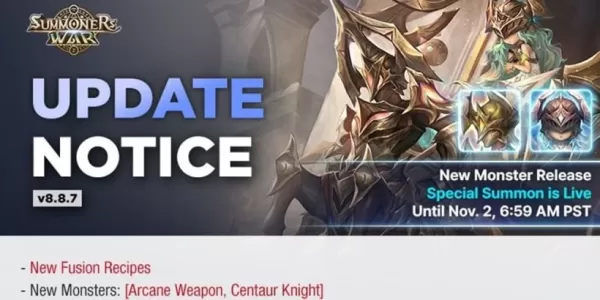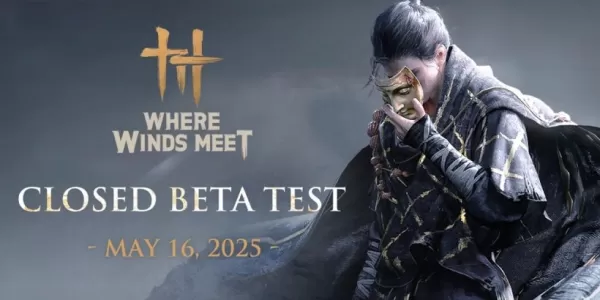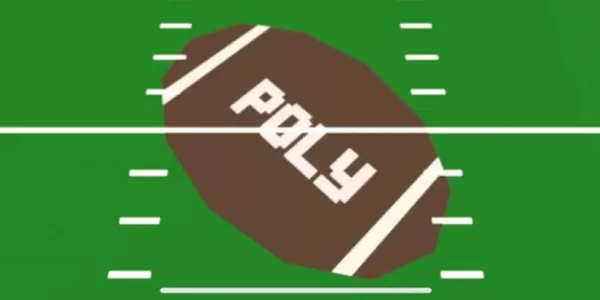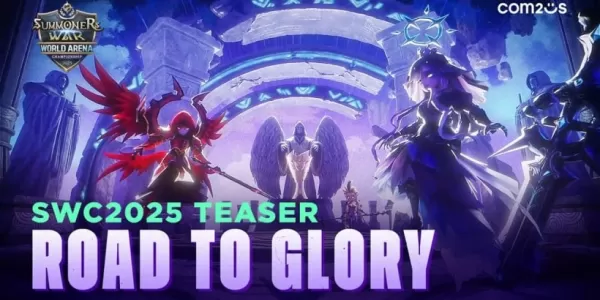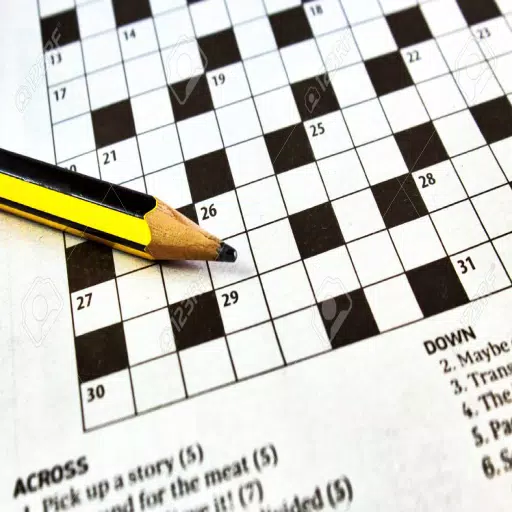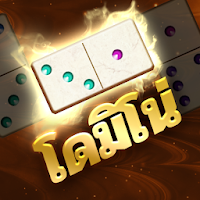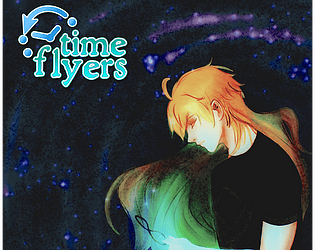The God of War series has been a cornerstone across four generations of PlayStation consoles. When Kratos' journey of vengeance began in 2005, few could predict the trajectory it would take over the next two decades. While many long-standing franchises struggle to remain relevant, God of War thrives by embracing change. The most transformative shift came with the 2018 reboot, which relocated Kratos from Ancient Greece to the realm of Norse mythology, revolutionizing both the series' presentation and gameplay. Yet, even before this acclaimed reboot, Sony Santa Monica introduced numerous smaller, yet significant, changes that contributed to the series' longevity.
For God of War to continue its success, reinvention remains crucial. When transitioning to the Norse setting, director Cory Barlog expressed interest in exploring the Egyptian and Mayan eras. Recent rumors have reignited discussions about an Egyptian setting, fueled by the allure of its distinct culture and rich mythology. However, a new setting is just the beginning. The next God of War must reinvent itself in the same vein as when it evolved from the Greek trilogy to the Norse games, updating and enhancing the elements that made the series iconic.
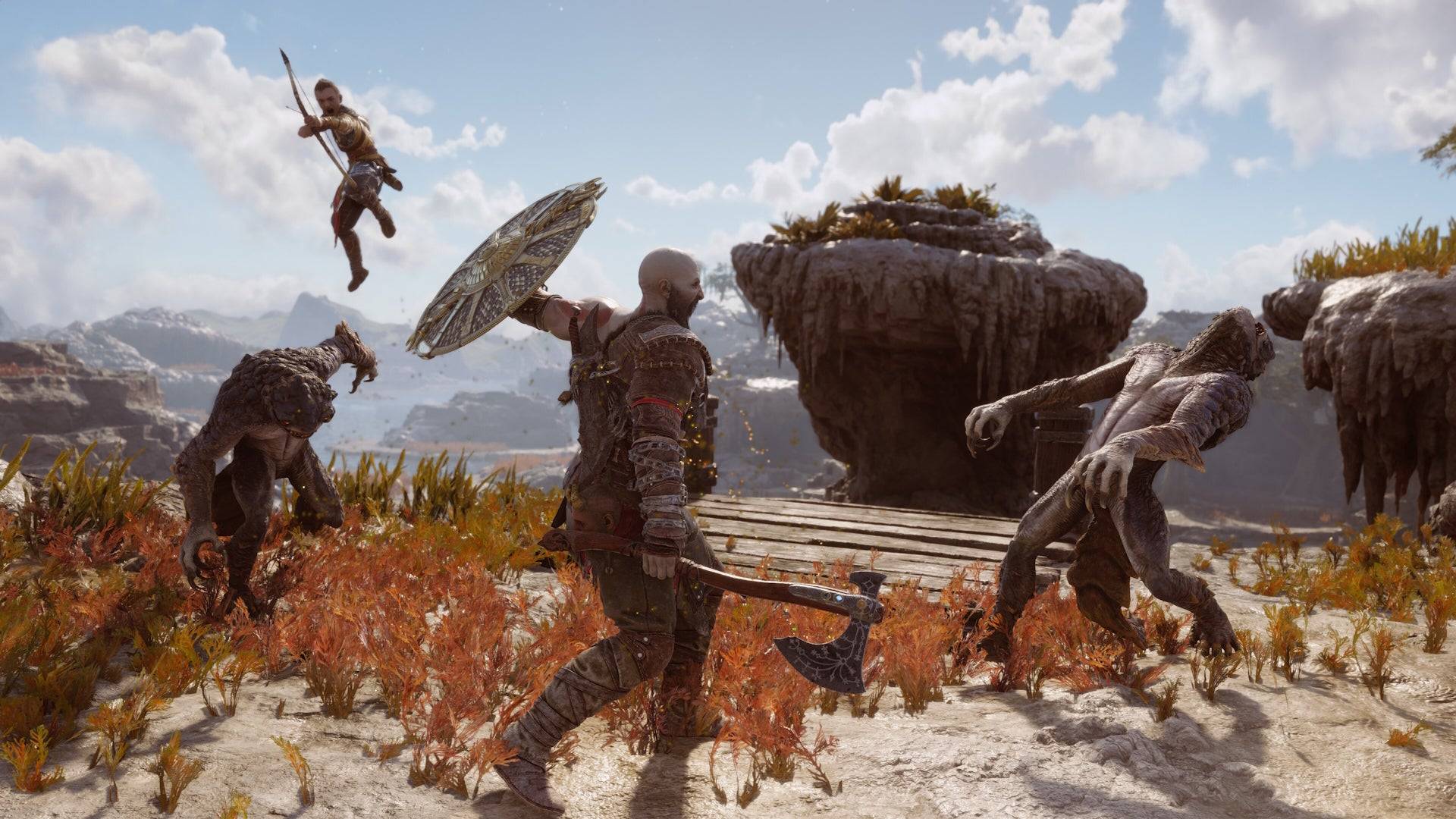
The series has always been unafraid to evolve with each installment. The original Greek games, spanning a decade, refined their hack and slash mechanics, culminating in the polished God of War 3. By the trilogy's end, Kratos wielded an enhanced magic system that complemented the melee combat's rhythm, facing a diverse array of enemies. The PlayStation 3's power allowed for new camera angles, enhancing the visual experience of what was then a graphical powerhouse.
The 2018 reboot saw the loss of certain elements from the Greek trilogy, such as platforming and puzzle-solving, which were integral to Kratos' journey. The shift to a third-person, over-the-shoulder perspective in the Norse games necessitated the removal of platforming sections, while puzzles were reimagined to align with the new adventure-focused design.
The roguelike DLC, Valhalla, for God of War Ragnarök, marked a return to the series' roots by reintroducing battle arenas, a beloved feature from the original games. This mechanical and narrative return to Greek elements in Valhalla brought Kratos' story full circle, as he confronted his past with the Norse god of war, Týr, in this setting.
The Norse iteration of God of War introduced new mechanics, including the Leviathan Axe's unique throwing capabilities, a combat-defining parry system with various shield types, and, in Ragnarök, a magical spear for faster, explosive attacks. These features facilitated exploration and combat across the Nine Realms, each with distinct enemies, visuals, and characteristics.
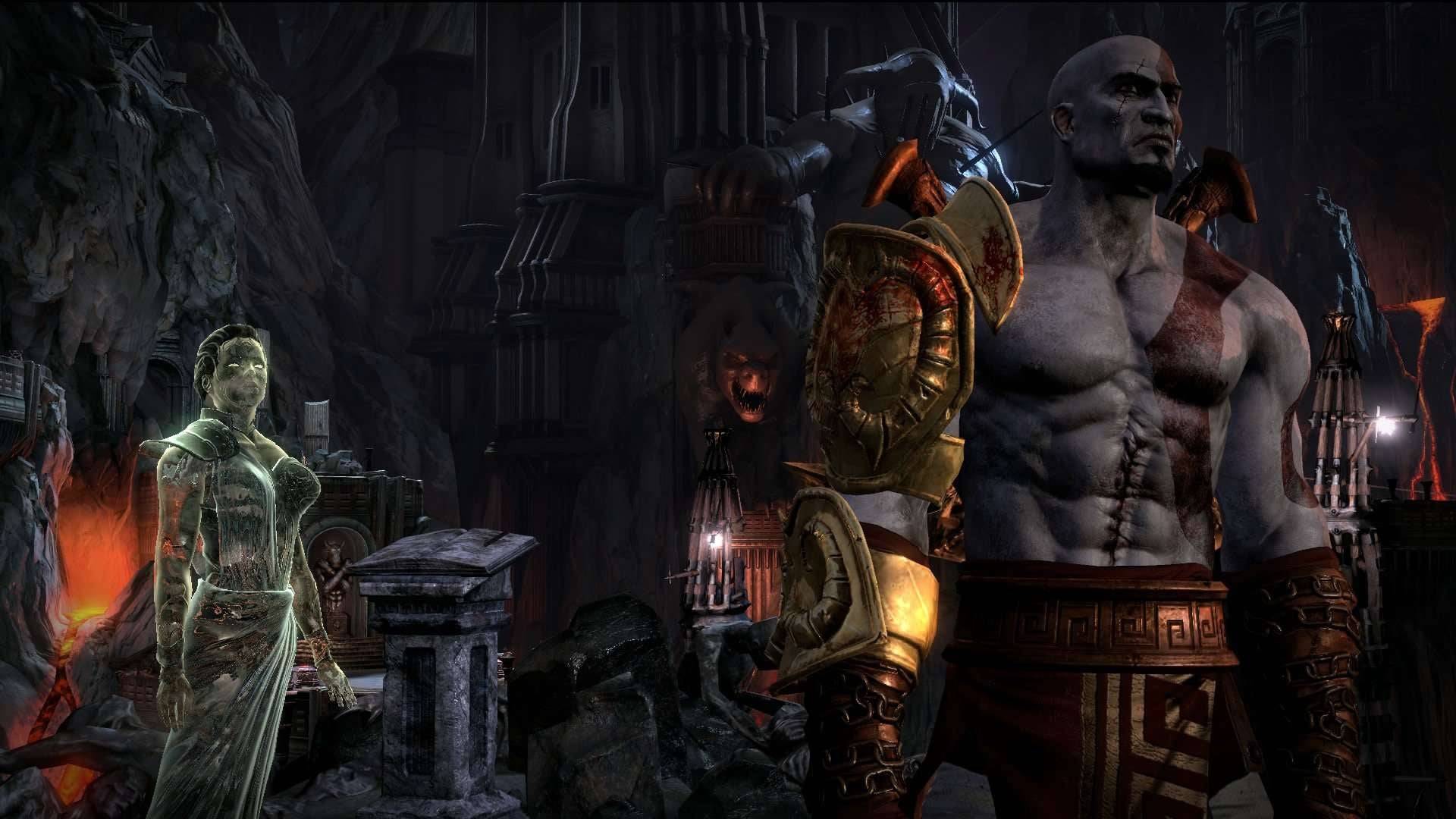
Beyond mechanics, the Norse games significantly evolved the storytelling approach. The narrative delves into Kratos' emotional journey, his grief for his late wife, and his complex relationship with his son, Atreus. This emotive storytelling, a departure from the original trilogy's more straightforward narrative, has been pivotal to the Norse era's critical and commercial success.
The shift in both mechanical design and storytelling reflects a broader philosophy of viewing the Norse games not as traditional sequels but as extensions of Kratos' journey. This perspective should guide future installments.
The example of Assassin’s Creed illustrates the challenges of radical reinvention. While profitable, the series has struggled to maintain fan loyalty across generations, especially with the shift to an open-world RPG format starting with Assassin’s Creed Origins. The narrative connection to the Assassin’s guild has weakened, and the series' move towards power fantasies has divided fans. However, recent efforts like Assassin’s Creed Mirage, which returned to the series’ roots, have been well-received.
God of War's success lies in its ability to reinvent while preserving its core elements. The Norse games, though a significant departure, never lost sight of Kratos' compelling character and the series' foundational combat mechanics. Each game built upon these elements, introducing new combat options, weapons, and narrative depth without straying from the series' identity.
As rumors of an Egyptian setting circulate, the next God of War must continue to evolve while maintaining the elements that have made it successful. While the 2018 reboot focused on combat, future games will likely be judged by their storytelling, which has been the heart of the Norse duology. Kratos' transformation from a rage-driven warrior to a nuanced father and leader underscores the importance of narrative in the series' success. The next installment must build on this strength, introducing bold new changes to define the next era of God of War.

